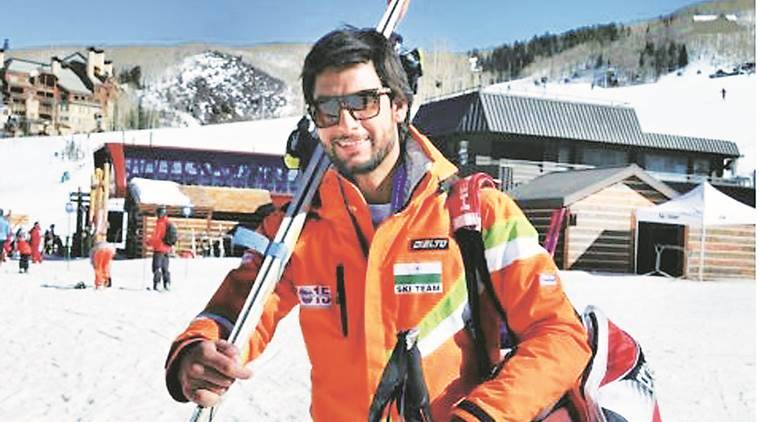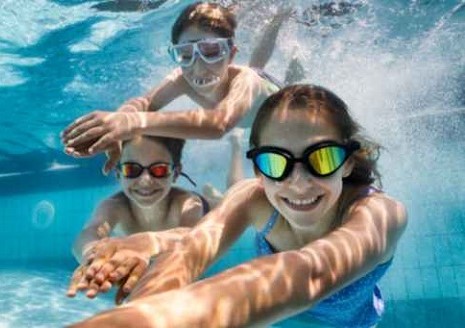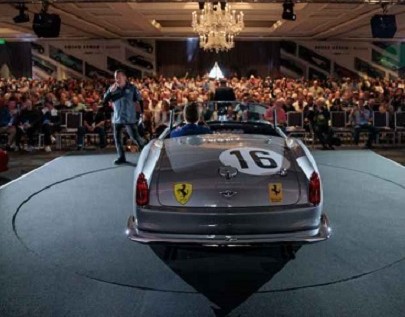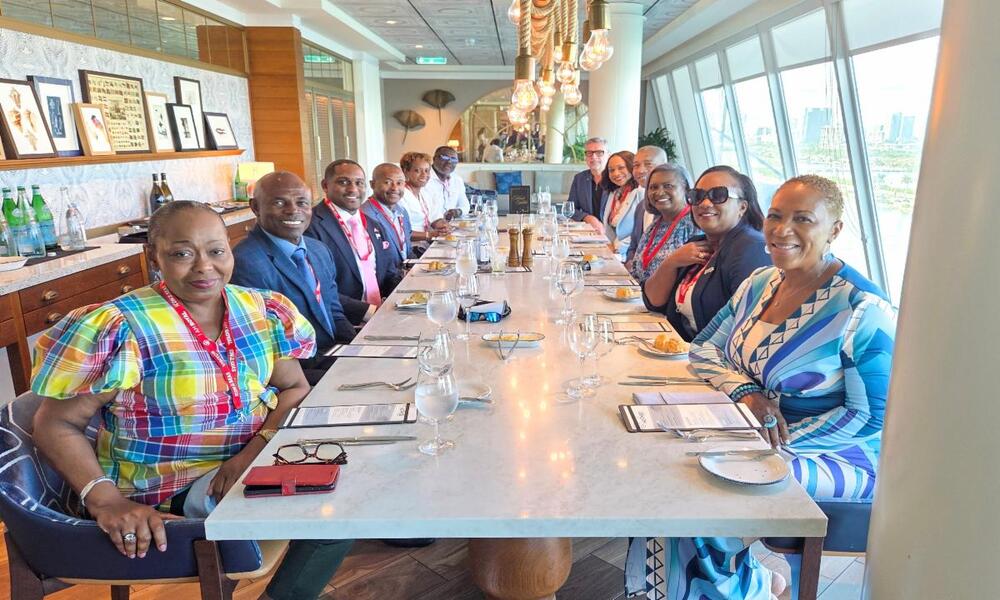Arif Khan made it look easy as he slalomed downhill on the artificial slopes of Ski Dubai recently.
That was the moment he became the first, and, so far only, Indian athlete to qualify for the 2022 Beijing Winter Olympics, which begins in February. For the 31-year-old, who hails from Gulmarg in Indian-administered Kashmir, it has been a long hard climb to get there.
Khan said: "It's exciting to be the first Indian to have qualified for the Beijing Games.
"It's a big boost for winter sports in the country and for the youth in Kashmir. I remember the last time how difficult it was chasing the 2018 qualification when there was hardly any support for training and racing events."
Even though a cricket-crazy India has steadily moved on from being a one-sport nation, raking in their richest haul of seven medals at the Tokyo 2020 Summer Olympics, winter sports continue to languish on the fringes. India has never won a medal at the Winter Olympics, and has never sent more than four athletes to a single edition of the Games.
The Indian government dropped winter sports from the priority list in 1998 and it has not been reinstated yet. Ski and Snowboard India was only recognised by the International Ski Federation (FIS) in 2020.
But Khan is no stranger to the hard life in the mountains. His father Yaseen Khan, who was a skier and has been a ski guide since 1980, introduced a young Arif to skiing.
The boy quickly took to the sport and started doing well in junior national competitions by the age of 12. Skiing is still a developing sport in the region, even though it's located in the lap of the Himalayas and has access to glorious natural slopes.
With very little support, financial or in terms of infrastructure, the Khan family had to rely on tourism and their ski equipment shop in Gulmarg to keep his dream on track. Arif said: "It was actually 2005 when I started winning at the national events.
“By 2008 I was skiing faster than other Indian athletes and that's when I decided I could think of going for the Olympics. I had never thought it would be difficult to receive the support to continue as a professional sportsman for the country, but my family never stepped back in terms of providing me financial help."
When Khan was trying to make the cut for the 2018 Winter Games, he had to resort to crowd-funding. He competed at four of the five qualifying races, but couldn't make it to the last one because he didn't have the money for it – it’s a story that Shiva Keshavan, who represented India a record six times (from 1998 in Nagano to 2018 in PyeongChang) at Winter Olympics, has heard far too often.
Keshavan said: "Unfortunately, we have not made much progress institutionally for winter sport.
"Winter sports are in the far reaches of India - we are far from the centres of power of Delhi and Bombay (Mumbai). So sometimes, much attention is not given. But that does not mean we don't exist.
"Fifty million people live in the mountains in India. When we talk about protection of border areas, when we talk about development of mountain regions, winter sports should be seen as a factor that can impact entire socio-economic development. It needs to be looked at strategically and with a long-term planning.
“We are talking about basic facilities that you need for sport and give a fair chance to the youth from the hill states and we have huge advantages in India because we have 3,000km (1,864 miles) of mountains in the Himalayas.
But as of now, athletes are struggling because to have access to any kind of decent infrastructure, they have to travel abroad. It is out of reach for many people, so winter sport becomes elitist."
Fortunately for him, Khan was able to secure a corporate sponsorship earlier this year, and since March he's been training at an international academy in Austria. With some of his financial troubles eased, he was able to focus on qualifying for the Olympics. He was due to get married in September, but he postponed the wedding to prepare for Beijing.
With no major international tournaments, let alone Olympic qualifying events, held in his state, Khan travelled to Dubai for his shot at glory. At the Entry League FIS event last week, he finished ninth in the first race, 11th in the second and third, and 10th in the fourth race to win a spot for India in Alpine Skiing.
"I know that he has made a lot of sacrifices and it's been his personal mission to go to the Olympics," said Keshavan. "Hopefully events such as the Olympics and incredible individual achievements such as Arif's would help bring this attention and put this conversation [about development of winter sports] on the table once again."
Khan, with unwavering dedication, has shown how even a little support can go a long way for India's winter sport athletes.











